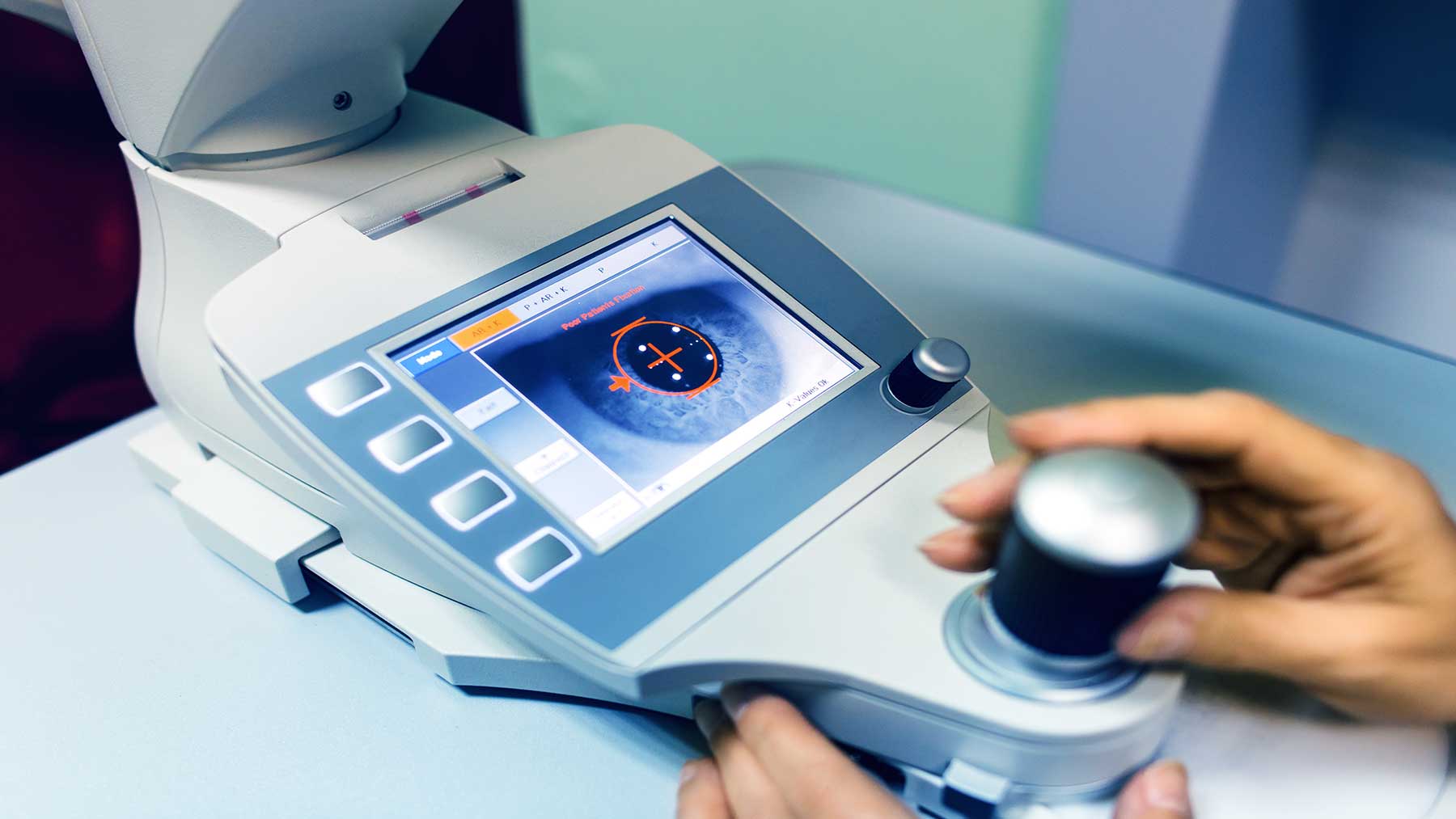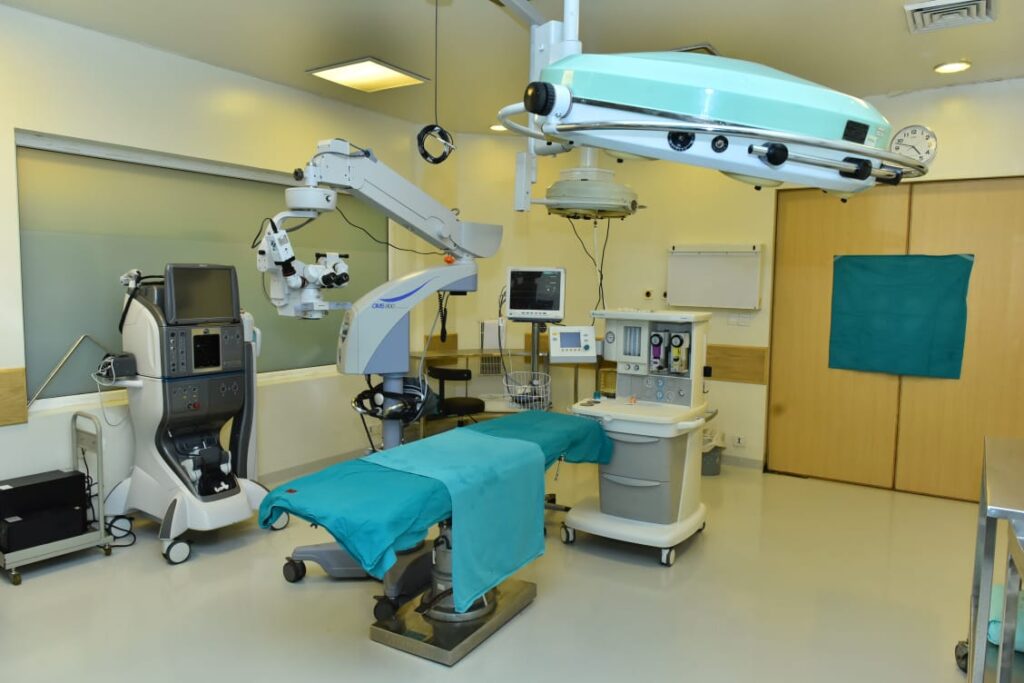
How To Avoid Myopia Following Laser Eye Surgery, LASIK
Some patients may experience hazy vision or blurred vision after they undergo LASIK surgery. There are things you can do to keep this from happening. Druting the Laser eye treatment, an excimer laser takes off corneal tissue from the deep surface in the central area and the corneal flap is readjusted and allowed to heal naturally.
Following your surgeon’s recommendations and taking frequent rest breaks are the most crucial things you can do throughout recuperation. This will help to shorten the healing time.
1. Avoid straining your eye after a lasik surgery
Eye strain is a problem that affects millions of individuals. It can make reading, driving, or conducting other visual duties difficult.
If you’re suffering from eye strain, try to avoid activities that will increase it. These include watching TV, reading books and working on the computer for extended periods. It’s also a good idea to take frequent pauses from these chores and focus on anything other than the one you’re working on right now.
It is best to change your environment to reduce eye strain. This could include installing a humidifier, boosting your home’s indoor air quality, or moving to another area with more natural light.
Getting enough sleep is also important for your eyes to heal from LASIK laser vision correction.
If you have a history of eye strain, talk to your doctor about whether you should wear special glasses designed to alleviate eye strain. They can be coloured or coated to decrease their effects on vision.
Drink plenty of water after LASIK laser eye surgery since dry eyes might cause visual difficulties. This is especially useful for those who have dry eyes following the operation.
Seeing an eye specialist regularly is another important step in preventing myopia after LASIK. To alleviate discomfort, your ophthalmologist may prescribe eye drops or other medications.
Your eye doctor might also recommend workouts to strengthen the muscles in your eyes. With time, these drills may enhance vision and lessen the need for spectacles in the future.
2. Limit your time spent staring at screens.
Long periods of staring at screens can cause eye strain, impaired vision, and other visual issues. Fortunately, there are things you can take to decrease your screen time and safeguard your vision.
Change the Brightness of Your Screen – Most screens have a setting that allows you to change how much light comes through them. Using this option will lessen eye strain and let you to see well.
Avoid screen glare
This is frequent when watching TV or reading a book, but it may also be a concern when using computers. Consider purchasing a screen filter for your laptop or other devices to prevent glare.
Blink frequently
When looking at a screen, your eyes may get so focused that you forget to blink. This makes it more difficult for your eyes to generate the natural tears required to keep them moist and healthy.
According to eye doctors, another typical side effect of too much screen time is dry eyes, which are caused by your eyes not producing enough natural tears when you blink.
Your eyes should blink at least 15 times each minute. Unfortunately, if you gaze at a screen for long periods, your blink rate may drop to only five or seven times per minute.
Your doctor may recommend Laser in Situ Keratomileusis (LASIK). By reshaping the cornea with a laser, this technique corrects any refractive defects prior to surgery.
Laser eye vision treatment can be a safe and effective way to lessen your reliance on glasses or contact lenses. It not only improves eyesight, but it also reduces the risk of acquiring other eye illnesses such as glaucoma or cataracts.
Note: There are several other laser eye surgery procedures apart fro Lasik, it is advisable to discuss with your doctor in order to weigh the options.

3. Get enough sleep.
Getting enough sleep is one of the greatest strategies to prevent myopia after LASIK. This will help your eyes heal and give them time to restore themselves.
It is advisable to avoid wearing cosmetics after LASIK since it can serve as a breeding ground for bacteria that can cause eye infections. Instead, apply an excellent moisturizer or oil to your eyes for healthy protection and cleaning.
Your eyes may feel inflamed and sensitive after LASIK, but these symptoms typically go away within 24 hours. If you are in severe pain, take a painkiller such as Tylenol or Advil and rest your eyes for relief.
It’s critical to avoid smoky rooms and dusty environments, as these might irritate your eyes and make them more susceptible to infection.
Finally, following LASIK, you should minimize your screen time. Staring at screens for extended periods can cause eye strain and myopia.
Take frequent pauses and do anything else for a few minutes if you must look at a screen. This maintains the smoothness of your cornea and reduces eye strain.
In addition to obtaining plenty of sleep, wash your face with gentle soap and water after LASIK. This will aid in removing any debris that may have lodged in your eye during surgery.
By following these guidelines, you will be able to attain clear eyesight without the use of eyeglasses or contact lenses. If you have any problems with your vision, consult a doctor right away.
4. Exercise regularly
Regular exercise is one of the finest strategies to prevent myopia after LASIK, and it is also one of the most successful. Exercise improves the function of your eyes and may lower your risk of acquiring major eye illnesses such as cataracts or diabetic retinopathy.
Exercise not only increases energy and general well-being, but it can also help you avoid developing high blood pressure or weight gain, both of which are important risk factors for vision loss.
You can gradually resume exercise after LASIK by completing light activities at home. You could, for example, walk around your yard or go for a bike ride without leaving the house.
Studio fitness sessions such as Crossfit or yoga are another option. Although these activities are gentle on the eyes, it is essential that you use eye protection when taking part.
You can strengthen the muscles in your eyes by doing self-help activities and exercising. These exercises are designed to reduce eye strain and improve focusing power.
You should also aim to limit your screen viewing to brief bursts. Staring at screens for extended amounts of time can irritate and weaken your eyes.
If you don’t have a vision workout program, now is the time to start. Begin with easy tasks such as performing 10 cycles of the following movements:
These eye exercises will help you focus better and minimize stress. They will not produce immediate results; it takes time for things to take effect, so be sure to practice often.

5. Eat a nutritious diet
Eating properly is an excellent strategy to avoid eye problems and can even improve your eyesight after LASIK surgery. A healthy diet should include lots of fruits and vegetables, whole grains, and lean protein, all of which are high in critical vitamins and minerals that improve vision.
It is critical to avoid excessively processed foods. These things frequently contain additives and chemicals that harm your eyes and body. Instead, wherever feasible, eat entire meals such as fresh fruits and vegetables, seafood, and low-fat dairy products.
Processed meals can create inflammation and excessive blood sugar levels in your body, which can harm your vision. As a result, avoiding all processed foods for at least several weeks after having LASIK surgery is advised.
Snacking on unhealthy foods such as chips, cookies, and candy can be harmful to your eyes. These foods are high in harmful fats, salt, and sugar, all of which can clog blood flow to the eyes.
A healthy diet should contain plenty of antioxidant-rich fresh fruits and vegetables. Vitamins A and C, particularly, are good for your eyesight and may be found in dark leafy greens, carrots, sweet potatoes, citrus fruits, and tomatoes.
Drink enough water following LASIK surgery to stay hydrated and prevent dry eyes; this is especially important because your eyes may take several weeks to recover fully.
Maintaining a balanced diet can also assist in preventing other eye problems, such as cataracts and macular degeneration. The more active you are, the less likely you are to develop these problems, so make sure you get lots of exercises every day!
Related: Reasons why you might not be a candidate for laser eye surgery
